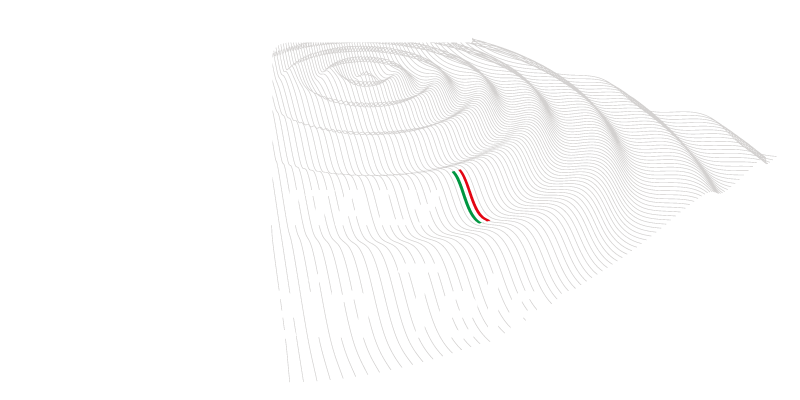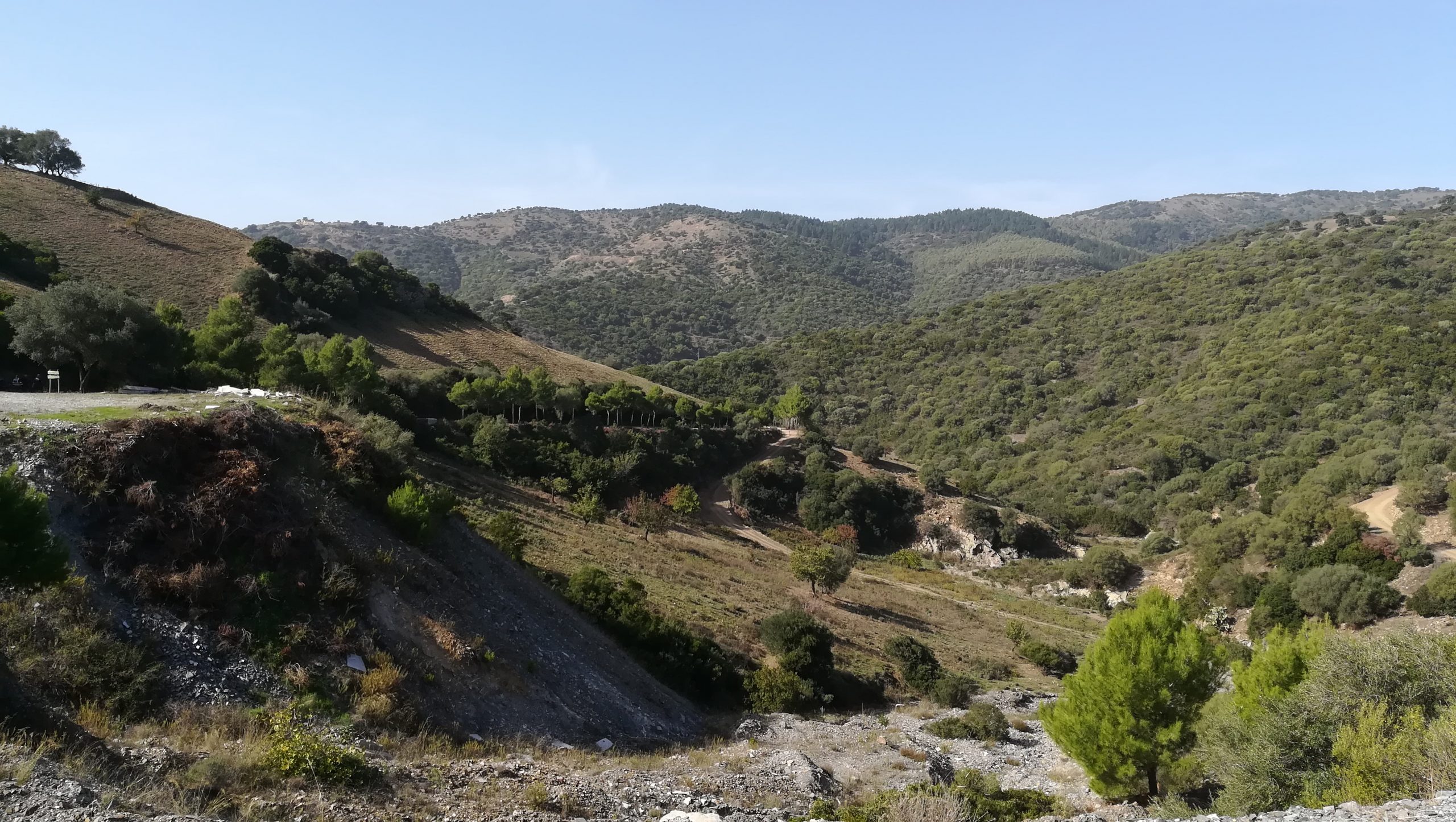On the afternoon of Thursday, December 19, during a video conference, the President of the Autonomous Sardinia Region, Alessandra Todde, the Rectors of the Universities of Cagliari and Sassari, Francesco Mola and Gavino Mariotti, and the Presidents of the National Institute for Nuclear Physics (INFN), the National Institute for Astrophysics (INAF), and the National Institute for Geophysics and Volcanology (INGV), Antonio Zoccoli, Roberto Ragazzoni and Carlo Doglioni, signed an inter-institutional agreement to coordinate and promote initiatives in Sardinia to support the candidacy of the Sos Enattos mining site to host the Einstein Telescope (ET), the future European research infrastructure for gravitational waves.
The goal of the agreement, of which the Sardinia Region is the lead partner, is to establish a permanent coordination for supporting the candidacy of the area surrounding the disused mine in the municipality of Lula (NU), which will facilitate the implementation of joint actions among the involved institutions. These initiatives will have both a promotional purpose – such as strengthening awareness and information about the candidacy, territorial promotion and enhancement of cultural identity and archaeological heritage – and a more strictly scientific and educational one, such as training in scientific and technical fields and the promotion of research activities in several key areas for ET, from geology to architecture to engineering, passing through environmental and socio-economic impact. Additionally, among the actions mentioned, the agreement outlines strategic initiatives for the region, such as improving air and road transportation, exploring sustainable mobility solutions compatible with ET, establishing international schools, and creating initiatives that encourage the hosting of foreign researchers.
The activities under the agreement will be coordinated by a management committee composed of six members (one from each participating entity) and chaired by the Sardinia Region.
«This agreement was very important to us», stated Alessandra Todde, President of the Sardinia Region, the lead institution, «which follows the resolutions and funding already put in place in recent weeks. The Einstein Telescope is for us a strategic infrastructure for which we have been working since day one. The agreement signed today places us at the forefront of promoting the candidacy and the entire region, building coordinated and participatory initiatives across Sardinia. We aim to collaborate with universities and research institutions, engaging the citizens of Sardinia», Todde concluded.
The universities of Sardinia play a crucial role in the region’s candidacy for the Einstein Telescope, as Francesco Mola, Rector of the University of Cagliari emphasized: «Our university is proud to be an integral part of this initiative, which not only highlights the strategic value of our region but also showcases the scientific and academic excellence we can offer. This agreement demonstrates the strength of synergy between national institutions, universities, public bodies, industrial entities, and the local community».
«The University of Sassari has supported the ET project in Lula with conviction from the very beginning», added Gavino Mariotti, Rector of the University of Sassari. «The Einstein Telescope is much more than a research project; it represents a chance for the rebirth of the entire island, which today is suffering from an unprecedented demographic decline. ET holds the potential to foster new growth and talent, triggering far-reaching virtuous processes in Sardinia. This agreement shows that institutions are ready to collaborate for significant common goals».
The scientific challenges of the ET require strong cooperation between local institutions and the research entities involved, which will be further strengthened by the agreement’s signing. «The Einstein Telescope is a project of global scientific significance. Hosting this major research infrastructure in Sardinia would be an achievement of extraordinary value for the region and the entire country», said Antonio Zoccoli, President of the INFN. «To succeed in this endeavor, it is crucial for the Einstein Telescope to be a collective project, shared as widely as possible, by civil society, institutions and the scientific community. Unity is essential. This is the essence of today’s agreement, the first interinstitutional one, which formally establishes a collaboration already underway and provides it with a coordination committee that will play a key role in promoting effective actions within a shared strategy. The Einstein Telescope is an important and challenging goal we can achieve», Zoccoli concluded.
«For INAF, this agreement represents a dual confirmation of its institutional mission to advance astrophysical research from the best sites and with the best available technology», said Roberto Ragazzoni, President of INAF. «It confirms the quality of the site, which, with its seismic silence, is the best in Europe, in a region already hosting the San Basilio radio telescope, managed by the Astronomical Observatory of Cagliari, one of our most important facilities. It also reaffirms our commitment to technological development, as our institute intends to bring to the Sos Enattos site the best technologies for manipulating light and conducting wide-field observations, enhancing the ability to capture optical counterparts of celestial phenomena that the highly sensitive Einstein Telescope will investigate», explained Ragazzoni.
«The signing of this agreement is a strong signal of collaboration and cohesion among some of the most important national scientific institutions and marks a decisive step in promoting Italy’s candidacy to host an ambitious research infrastructure like ET», added Carlo Doglioni, President of INGV. «INGV, continuing its work to characterize the subsoil and background seismic noise of the site – thanks to seismic sensors installed in the mine tunnels – and to identify the sources of this noise through temporary surface measurements, reaffirms its commitment to the development of ET and its host site, Sos Enattos, as a shared home for high-profile Italian research. Moreover, INGV will launch the Earth Telescope project, aimed at exploring the depths of the planet to uncover the secrets of its structure and dynamics».

